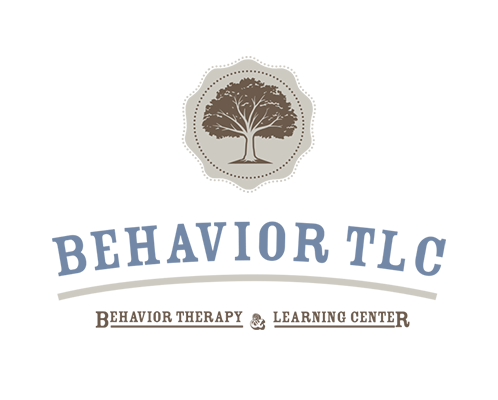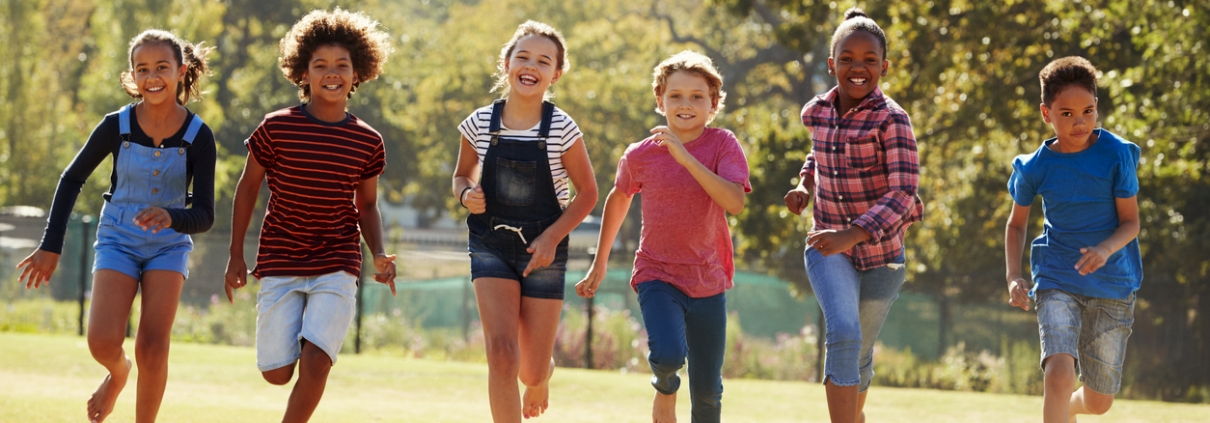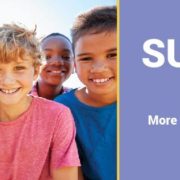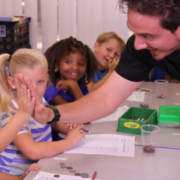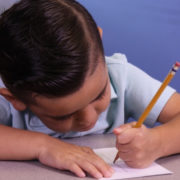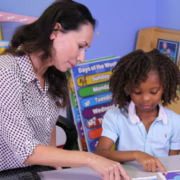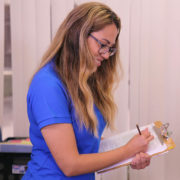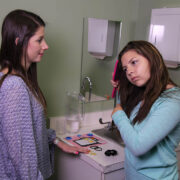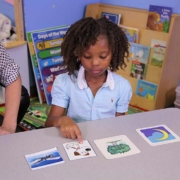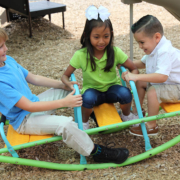The Importance Of Strong Social Skills For Success With K-12 Education
When thinking of areas that may need focus for a school-aged child, one may think of reading, math, biology, or even, fitness, but we find that many do not intentionally prioritize strong social skills.
Why are strong social skills often overlooked, especially for children with ASD? We are not completely sure, but one possible reason is due to the time requirement and its overall priority. No matter the situation or tough times we are all going through, it is crucial that we all stay hypervigilant in ensuring the success of our children’s social shaping.
To have success with k-12 education there are three areas where it is important to have strong social skills –
Academics, Conduct, and Group Relations.
Academics is probably one of the more obscure areas in which we see deficits, therefore extremely crucial, because those with high-functioning Autism or other special needs may get lost in the system easily. They will continuously struggle with academics, yet never find the aid needed for their success in education. One example of an academic pitfall is the inability to understand the “meaning” of written or even verbally spoken, text. It is one thing to glean the skill of what an individual word or string of words means through Tacting and Manding (labeling and asking for items), but it’s a different skill to understand the emotional and social conveyance behind that word.
It takes a deep understanding of social, emotional, and environmental norms to be able to comprehend and effectively answer questions like, “What was the author trying to convey in this passage?” or “What symbolism can be drawn from the imagery on page 7, 12 and 18?” or even, “Why would a member of the Boston Tea Party dump all the tea in the harbor when it’s worth so much money and money is what they need?”
These are all examples of traditional questions one faces in school, but one is not directly taught the basic social skillsets required to answer such questions. Having core foundation skills in social reciprocity, emotions, theory of mind (thinking how others think and see), conscious perspective-taking repertoire, and sarcasm are just some of a few social skills that one needs to master in order to answer these critical questions. In turn, this is an important subject one should look for in a social skills curriculum or group therapy.
Conduct is often defined as maladaptive, problematic behaviors or the absence of these behaviors. Therefore, it’s often easy to blame the individual’s choices, lack of parental involvement, or some other stereotypical excuse. Often, individuals on the autism or special needs spectrum, as well as neurotypical individuals, develop behavioral issues or cycles because of the lack of appropriate social skills and not having a safe, secure foundation starting in infancy. This may lead to larger “conduct disorders” which keep the individual out of the crucial environment (the classroom) in order to be successful to learn. Often, these disorders or maladaptive behaviors stem from the environment or the peers themselves. Examples include noise interruptions, personal needs, bothersome environmental stimuli (non-preferred toys of peers), and a myriad of other conditions.
These conditions can lead one to feel trapped or frustrated simply because one lacks the ability or comfort to advocate for their own wants and needs. If this skill is ignored long enough, the constant absence from class will have a detriment on grades, but more importantly, will often cause the student to lash out more frequently and perpetuate the cycle.
Some of these situations may be because of others bullying the way one looks, acts, or choices one makes. These individuals feel like they don’t fit in, and so they will avoid class or social situations altogether. These situations could likely be avoided with proper social skills education and training. Some of these skills may include: better communication of needs and desires, engaging in two-way conversations, changing reputations, time and self-management, stronger development of executive functioning, perspective taking, “I”-statements, and more.
Group Relations is another area that is rife with social skills and has similar tribulations to that of conduct. It’s also an area that is easily overlooked. The simple ability to walk up to a classmate and ask to join a group is not easy for anyone, nonetheless, exceptional populations like ASD and intellectual disabilities. There may be many fears, sensory issues, known or unknown gross motor deficits (all movements of the large body muscles, i.e. gait or posture), or just lack of what to say or where to look. Therefore, we have kids that are failing classes or struggling because they are unable to appropriately ask to join a group.
These deficits can be found in all individuals, regardless of diagnosis, and could severely impact the student’s growth in public or private education. Because let’s face it, a lot of these issues are not being noticed, confronted, or treated. So lessons in these areas, like two-way conversations, joining in groups, leaving conversations, sarcasm, eye contact, using a prop, and personal management are all crucial skills and areas that go into the ability to “join a group,” and should be focused on in a child’s social education as well.
While there are many more areas of a child’s daily life that are affected by social skills deficits, the above three begin to paint the picture of social skills’ crucial role in all individuals’ lives, especially school-aged children. Now more than ever, with soaring failing rates amidst the throws of a costly pandemic and general educational concerns, we need to thoroughly dissect every issue including strong social skills because it is crucial in the world of academics and education. So, whether you’re considering a social skills education or looking for a few extra tips, please think of the above categories to start.
References –
Cooper, J., Heron, T., & Heward, W. (2007). Basic Concepts. Applied Behavior Analysis (2nd ed., pp 560-567). Columbus: Pearson
Ratcliffe, B., Wong, M., Dossetor, D. et al. The Association Between Social Skills and Mental Health in School-Aged Children with Autism Spectrum Disorder, With and Without Intellectual Disability. J Autism Dev Disord 45, 2487–2496 (2015). https://doi.org/10.1007/s10803-015-2411-z
The Relationship of Motor Skills and Social Communicative Skills in School-Aged Children With Autism Spectrum Disorder
in Adapted Physical Activity Quarterly
Megan MacDonald1, Catherine Lord2, and Dale A. Ulrich3
View More
DOI: https://doi.org/10.1123/apaq.30.3.271
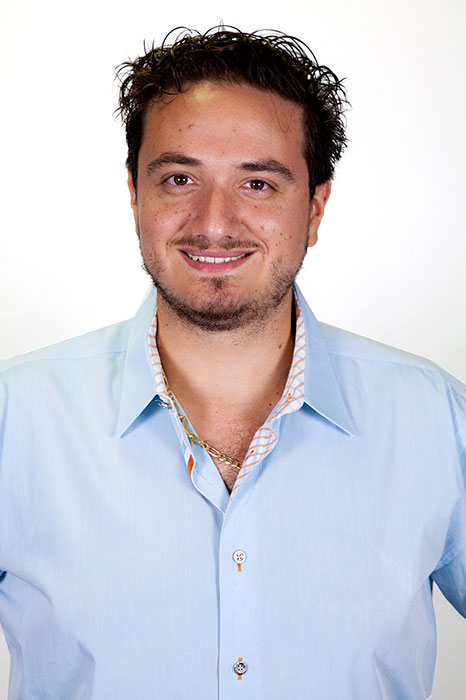 Tyler Liberatore, MA, BCBA, LBA
Tyler Liberatore, MA, BCBA, LBA
Board Certified Behavior Analyst
Tyler Liberatore is a Board Certified Behavior Analyst (BCBA), originally from Boston, Massachusetts. He is a graduate from Schriener University with a Bachelor of Science in Bio-Chemistry. He then went on to achieve a Master’s in Special Education/ABA from The University of Texas at San Antonio. Over his last 3 years at Behavior TLC he’s grown from a Registered Behavior Technician to a teacher at Grand Oak Academy to now being a BCBA!
Prior to being with Behavior TLC, Tyler spent 7 years as a private caregiver for an adult with special needs. While working toward his Bachelor’s degree, Tyler spent summers working as a counselor at Camp C.A.M.P. in Comfort, Texas, a camp for children and adults with severe disabilities. Tyler has had many years of teaching and coaching children through his varied experiences. Tyler has also recently had the opportunity to serve as an accreditation Review Team member with AdvancED.
